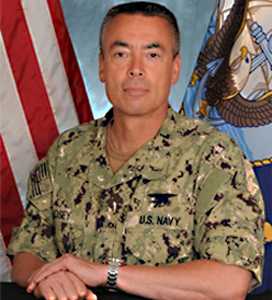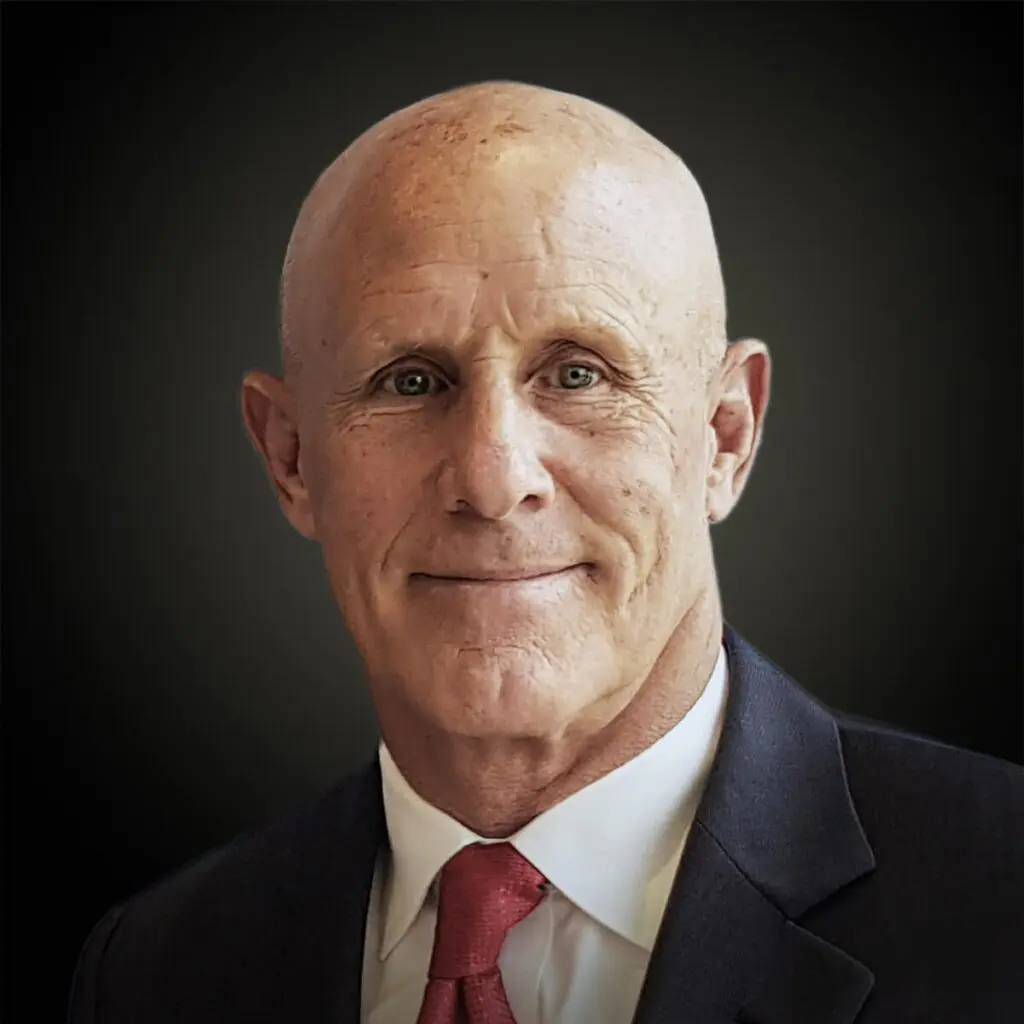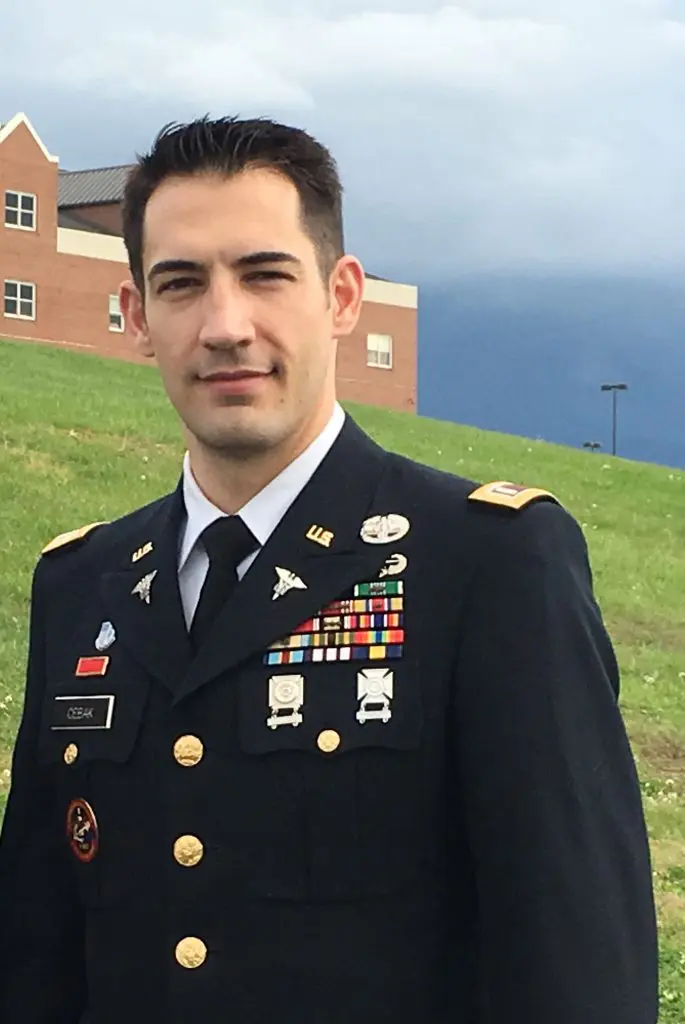I think the two most urgent needs are to establish the most effective treatment protocols that are tailored to the individual’s situation – the existing and most urgent problem, and to determine the most effective ways to prevent traumatic brain injury and post-traumatic stress and preserve long term resiliency and brain health. These priorities span the continuum of optimizing health; mitigating risks in order to sustain long term resiliency, and effective treatment of impacts.
Cohen Veterans Bioscience is not limited by small thinking. CVB is effectively working to establish a collaborative environment across government, industry and academia specific to Veterans’ brain heath concerns, and across the continuum of interrelated factors and dynamics that comprise post-traumatic stress manifestations.
I am most excited about the efforts represented in the Translational Toolbox. I have high expectations that the focused efforts and synergies in the areas of biomarkers, data standards and knowledge engineering, biorepositories, preclinical modeling, and computational disease models will enable the entire community of interest to move forward in ways not possible before, and will yield incredible insights into better understanding, prevention, and treatment.
Through active engagement and its fundamental collaborative and scientific framework, Cohen Veterans Bioscience has been increasing awareness and support across the community of interest for a more coherent approach to brain health – one that will produce meaningful results and impacts.
I am very excited about the establishment of the Veterans Advisory Council. We have designated Frank Larkin to be the Chairman of the Council and he has distinguished himself in a lifetime of service as a Navy SEAL, in law enforcement, the Secret Service, as the Director of the Joint Improvised Explosive Device Defeat Organization, and as the Sergeant at Arms for the U.S. Senate. The Council is a diverse cohort of senior leaders from across industry, academia and government with interest, access and experience in Veterans’ concerns related to TBI and PTS. The Veterans Advisory Council will represent, advocate and support Veterans’ interests in advancing CVB’s mission, relationships with partners, and a broader community engaged in the research, prevention, and treatment of TBI and PTS.
More about Brian Losey, Rear Admiral, U.S. Navy (Retired)
Brian Losey, Rear Admiral, U.S. Navy (Retired), was Commander of Naval Special Warfare Command in Coronado, California. He previously served as commander under the US Africa Command, Combined Joint Task Force Horn of Africa, and as commander, Special Operations Command Africa. His operational assignments have included a full range of duties in Sea, Air, Land (SEAL) Teams, SEAL Delivery Vehicle (SDV) Teams, and Special Boat Teams, and deployments to named and contingency operations around the world. He commanded SDV Team One and served as deputy commander and commander of the Naval Special Warfare Development Group. He has worked extensively with interagency and international partners in enhancing security cooperation relationships, capabilities, and capacities. Other assignments include duty as deputy commander, Naval Special Warfare Task Group, US 6th Fleet; Maritime Operations officer and deputy chief of Current Operations in the Joint Special Operations Command; and US 7th Fleet special warfare officer in USS Blue Ridge (LCC 19). He served in the executive office of the President as a director on the National Security Council Staff bridging two administrations. Brian holds a master’s degree in National Security Strategy from the National War College. He is a graduate of the Defense Language Institute, the Armed Forces Staff College, and Air Command and Staff College.


















